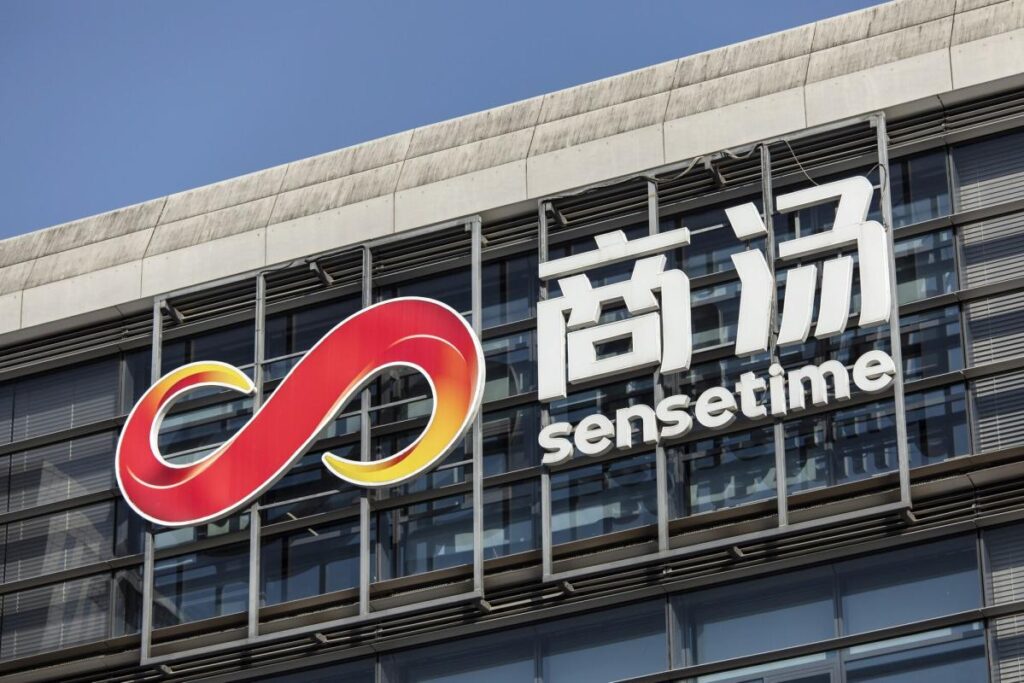(Bloomberg) — China’s homegrown AI chipmakers are making rapid progress to close the gap with international leaders, according to SenseTime Group Inc. co-founder Xu Bing.
Most read articles on Bloomberg
Asia lacks computing power for artificial intelligence and lags far behind the United States, but China has the talent and data to catch up, Xu said in an interview at the UBS Asia Investment Conference in Hong Kong. SenseTime is one of China's artificial intelligence pioneers but is on the U.S. investment blacklist as part of broader U.S. sanctions aimed at curbing China's AI advances.
China's progress in this area has been complicated by U.S. trade restrictions that have banned the import of advanced AI accelerators from Nvidia, increasing the need for domestic alternatives from companies such as Huawei Technologies Co. and Shanghai Biren Technology Co., which are also subject to U.S. trade restrictions.
“There is a shortage of resources across Asia,” Xu told Bloomberg's David Ingles. “The difference in computing resources here compared to the leaders in the U.S. is about 10 times. But I don't think there's a shortage of talent in the Asian market, and I don't think there's a shortage of data.”
SenseTime aims to be profitable within the next two years, Mr. Xu said. The company has raised $6 billion over the past decade and invested a third of it in research and development, including more than $1 billion in AI accelerator infrastructure. The company's shares fell 3.7% in Hong Kong on Tuesday, extending a week of losses.
What Bloomberg Intelligence Says
SenseTime co-founder Xu Bing claimed on Bloomberg TV that the company can turn a profit in the next 1-2 years, but this is overly optimistic. We remain pessimistic about the ability of small, focused companies to be sustainably profitable. With just RMB4.6bn net cash on the balance sheet at the end of 2023, we believe SenseTime will need to raise new capital over the next 12 months. SenseTime lacks a notable competitive advantage and is set to burn through RMB4.7bn of cash in 2023.
— Robert Lee and Jasmine Liu, BI Analysts
Xu added that China's domestic semiconductors are catching up rapidly and SenseTime is working with domestic semiconductor companies to expand its computing power.Xu did not name any companies, but Huawei successfully circumvented U.S. restrictions last year to develop its own advanced smartphone processors, quietly becoming a leader in China's semiconductor technology development.
Xu said it's not clear how far behind the U.S. China currently is — some say one year, others three — but he said China's computing disadvantage is unlikely to be permanent.
“Computing is a commodity,” he said. “In the long term, it's not going to be a gap.”
Besides Huawei and Viren, another chipmaker showing promise in AI is Moore Threads Intelligent Beijing Co. Ltd. Chinese Premier Li Qiang met with Moore Threads' CEO in March during a tour of China's top AI and chip manufacturing companies, including AI developer Baidu and chip-making equipment maker Nowra Technology Group.
(Adds share price and analyst reaction in fifth paragraph)
Most read articles on Bloomberg Businessweek
©2024 Bloomberg LP


